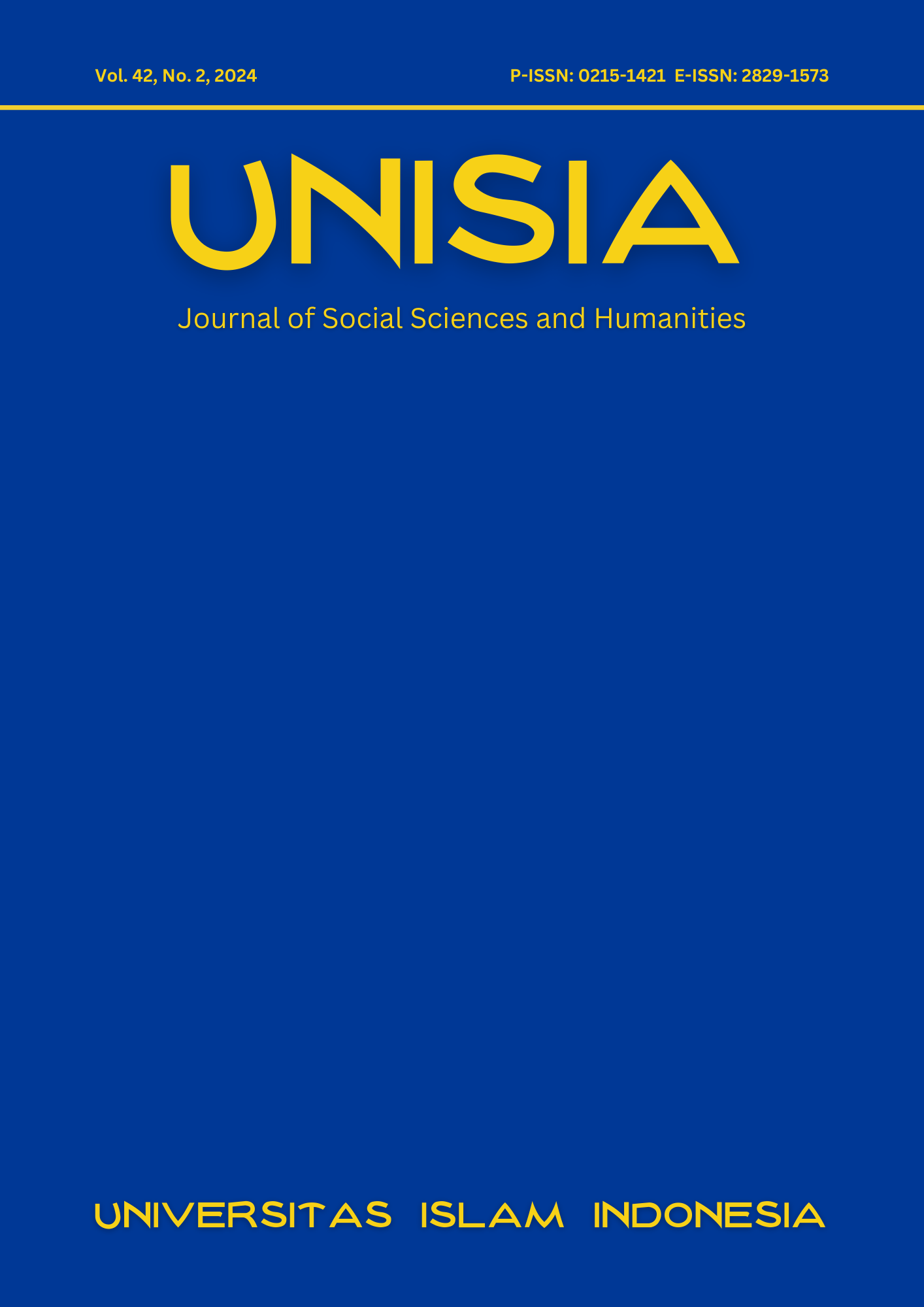Main Article Content
Abstract
The research examined youths' participation and representation in politics and the decision-making process of Ondo State from 2003-2018. The available and existing literature shows that youth represent about half of Nigeria's population, just as in Ondo State. The research investigates the inverse relations of the youth population compared to leadership positions occupied in Ondo State, especially at the legislature and Executive levels in the years under study. The study adopts the theory of political participation as its theoretical framework for midwife work. In addition, the research methodology comprises both primary and secondary data, as the primary data is derived from interviews and survey research emphasizing the administration and analysis of a well-structured questionnaire. Statistics such as percentage representation, frequency table, and pictorial representation were also used. The research also examined the roles of environmental factors, youths' exorbitant behaviors, societal structures, and material facts that affect youths' political participation and representation in Ondo State and the nation at large. From a public policy perspective, the research study's findings provided veritable tools/insights for researchers, public policy analysts, Electoral agencies/reformers, political parties, politicians, and Nigeria in the quest for Youth involvement in politics and leadership positions. Equally, the outcome of the research study enhanced future research work and discourse on democracy, youth participation, and representation in Ondo State, in particular, and Nigeria in general.
Keywords
Article Details
Copyright (c) 2024 Mustapha Haruna Ayodele, Enikanoselu Bayo, Musa Toyyib

This work is licensed under a Creative Commons Attribution-ShareAlike 4.0 International License.
- Authors retain copyright and grant the journal right of first publication with the work simultaneously licensed under a Creative Commons Attribution License that allows others to share the work with an acknowledgement of the work's authorship and initial publication in this journal.
- Authors are able to enter into separate, additional contractual arrangements for the non-exclusive distribution of the journal's published version of the work (e.g., post it to an institutional repository or publish it in a book), with an acknowledgement of its initial publication in this journal.
- Authors are permitted and encouraged to post their work online (e.g., in institutional repositories or on their website) prior to and during the submission process, as it can lead to productive exchanges, as well as earlier and greater citation of published work.




